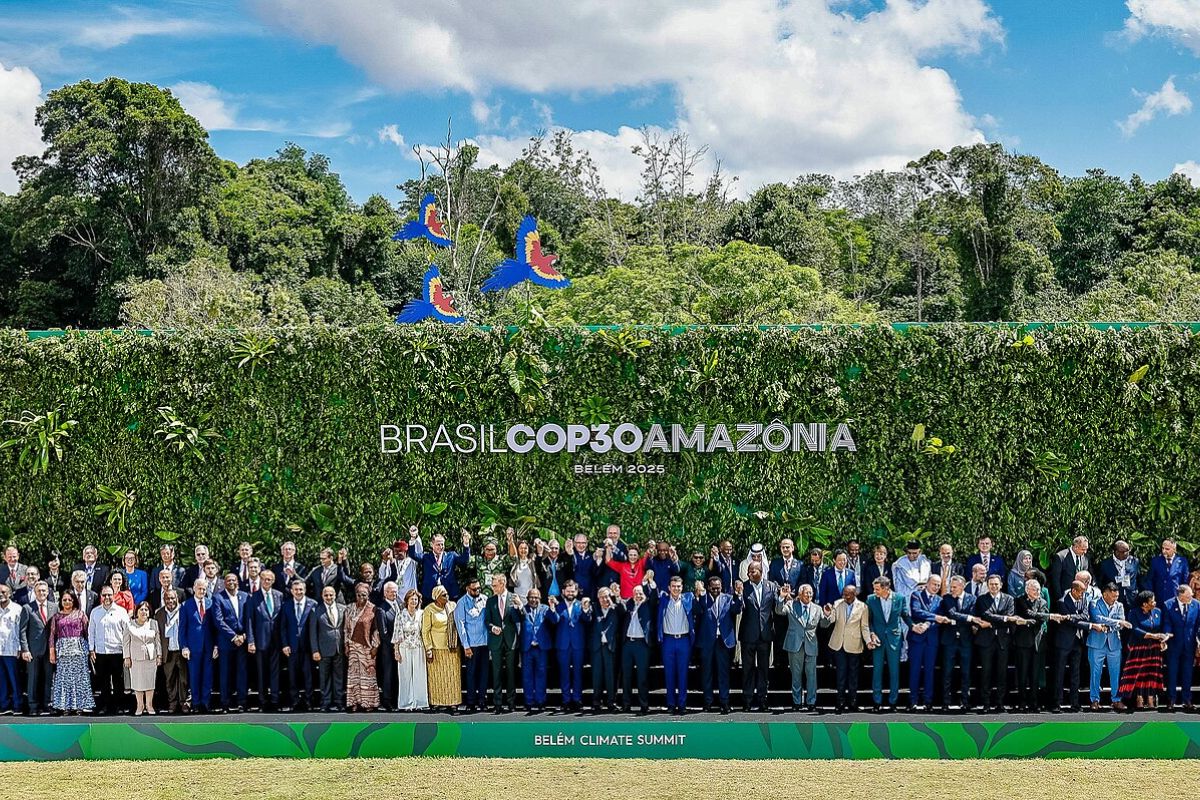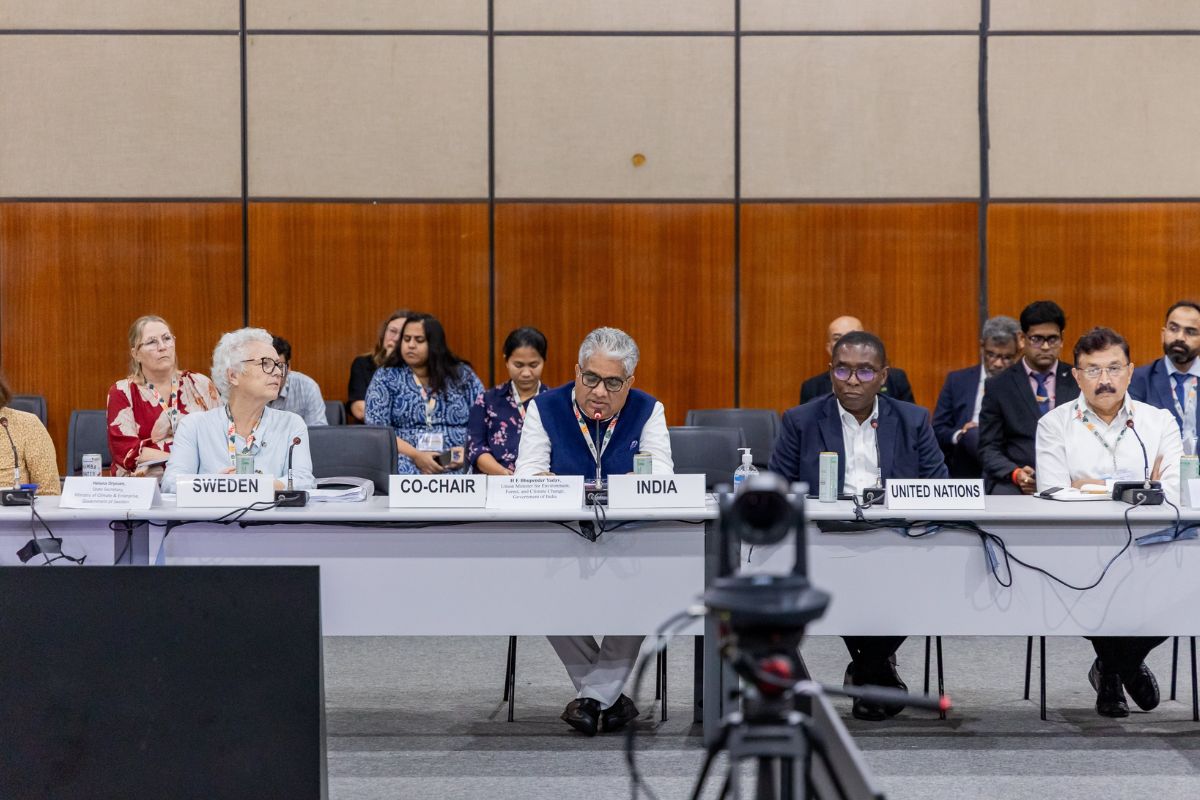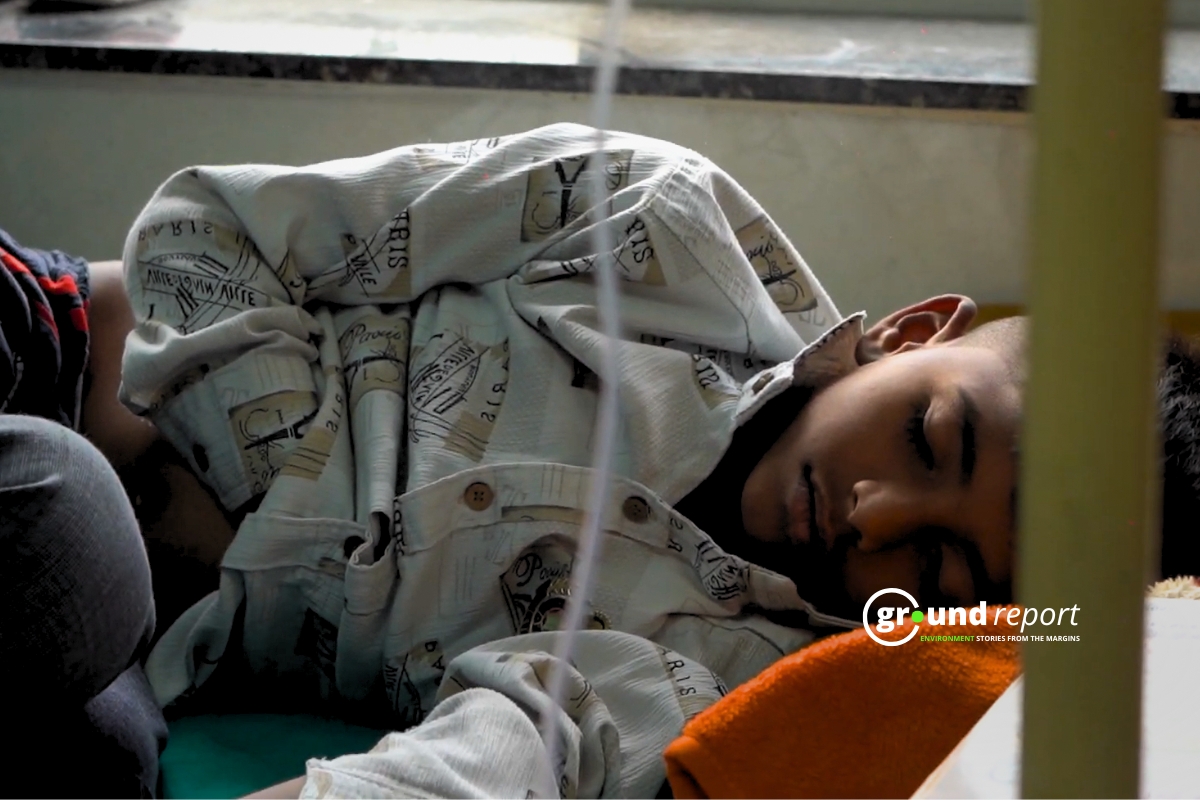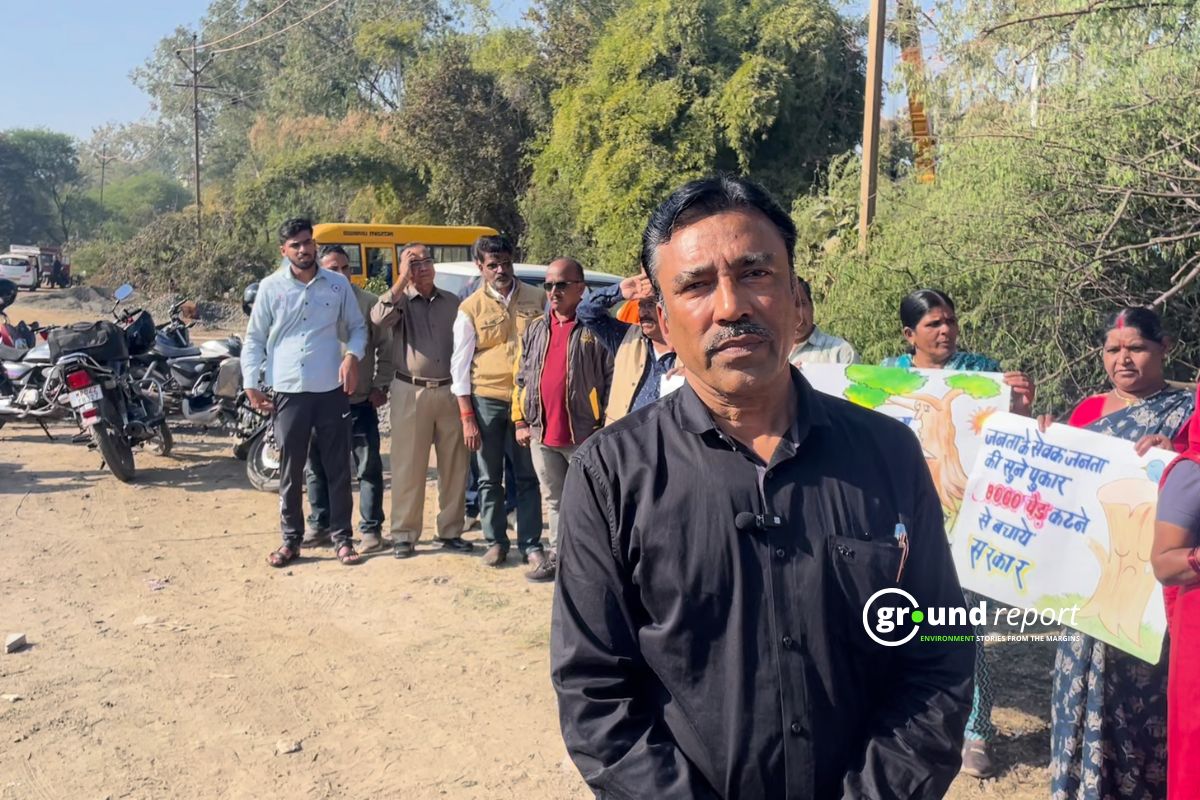The achievements of the 27th climate summit were not balanced with failures. The global balance of the COP27 held in Sharm el Sheikh (Egypt) is disappointing. The final decision agreement has been made public and, despite the administrative style and not always being direct and clear, words such as “concern” and “objectives are not achieved” can be read in several of the points.
Seven positive points that feed some hope
- New geopolitical wave: This COP makes clear the complexity of geopolitics and the difficulties to achieve the global transition towards a decarbonization of the economy. Progress has been made in understanding the problem and where solutions need to go, but world leaders must move from tensions (such as the invasion of Ukraine) and make the most of new positive geopolitical developments, such as Brazil’s return to the scene and the climate rapprochement between the United States and China.
Although Lula does not take office until January 1, 2023, he has laid out his vision for the Amazon, the world’s largest rainforest and the focus of international outrage with Jair Bolsonaro. One of the main things he wants to do is put Brazil back at the center of international geopolitics. He has had more talks with world leaders in Egypt in a single day than Bolsonaro has had in four years. - Bridgetown Agenda and Financial System: Reform of the international financial system to make it fairer and fit for purpose has gained momentum and recognition. The so-called Bridgetown Agenda was presented together with the work agenda set for the spring meetings of the World Bank and the International Monetary Fund. Paris will host a summit on this issue in June 2023 to resolve the void left in this COP and get to work on structural reform of the global financial system. It seems that the agenda is clear and with specific dates and tangible objectives.
- Stop greenwashing Businesses: will need to respond to new United Nations standards and ensure their plans effectively reduce emissions if they are to be a credible part of the global response to climate change. The UN Secretary-General, António Guterres, said there would be “zero tolerance for net greenwashing.” A new working group has been convened to advance regulation of company commitments to net zero emissions in countries around the world.
- Renewable impulse There was mention and agreements on clean energies, with measurable advances. Renewables are now cheaper than fossil fuels in two-thirds of the world, including emerging economies such as Brazil, Argentina, Colombia, Chile, Peru, South Africa, Kenya, India, Thailand, Vietnam, and the Philippines. Investment in the transition has increased 25% to over $708 billion this year despite the economic crisis, including a massive push into electric transportation.
- Coal transition: In sessions held on the sidelines, a $20 billion coal transition deal was finalized in Indonesia, with similar deals planned for Vietnam and potentially Senegal. These “JET-P – Just Energy Transition Partnership” advances build on the $8.5 billion deal reached with South Africa at COP26. These aligned strategies could be important in accelerating the global energy transition.
- Next stop: nature: Next month in Montreal, at the Convention on Biological Diversity (CBD) COP15, world leaders will come together to establish a global deal for nature. We know that we cannot reach the goal of not exceeding 1.5℃ without protecting nature, and we know that nature is the first line of defence against extreme weather events. This is why the CBD summit in Montreal is an opportunity to right some of the mistakes of COP27 by providing much-needed targets, timetables and funding to fix this piece of the climate puzzle.
- Litigation Meanwhile, litigation risks are rapidly increasing for governments and companies that fail to comply with the Paris Agreement. There have been more than 2,000 climate cases that have already set a legal precedent. Ongoing cases cover issues such as inefficient climate targets, environmental pollution, human rights violations, and greenwashing, among others. These cases are showing that climate action is a legal duty, not a voluntary option.
Eight problems
- Support to deal with loss and damage Focusing on the symptoms of climate change, those symptoms that are included in what is called “loss and damage”, reflect the global inability to face the terrible reality on which we depend on 80% of fossil fuels. We should be focused on preventing further damage and loss, and yet we are exploring how to compensate those who suffer. In addition, the rich countries have not yet delivered the 100 billion dollars a year that they promised for years and that seemed imminent at COP26 in Glasgow.
- Implementation? The most disappointing thing is precisely the implementation of what the G20 itself had agreed to in those same days of COP27: “Urgently increase the ambition of mitigation and adaptation”, also focusing on the financing of losses and damages. The lack of specificity indicates that developed countries still do not accept that geopolitical, energy and economic crises are reasons to accelerate action, not to break promises over and over again.
- Fossil fuels and nature The agreement reached in Sharm el Sheikh did not address the causes of the impacts of climate change: the use of fossil fuels and the destruction of nature. The countries did not reach an agreement to phase out all fossil fuels, building on the call to phase out coal made at COP26 in Glasgow. And they did not do so because the issue was hardly on the table, like another of the most disturbing, which was not present either: that of subsidies to fossil fuels by the States. Without these issues at the center of the negotiations, the scant progress on the main objectives of climate action should not be surprising.
- Is 1.5℃ still within our grasp? The inability to make progress on emissions came despite the fact that the world has experienced climate shocks that alter politics, the economy and tensions between countries. The severe droughts and heat waves in Europe, the floods in Pakistan, Nigeria and Australia, and the drought in the United States are examples of how aid and support structures, such as the loss and damage fund, will be in greater demand in the future due to not having tackled the original problems. In the final decisions of COP27, reference is made to the 1.5℃ scenario proposed at COP21 in Paris, but only the objective is recognized. There is no mention of pathways or plans to achieve it. There have been no leaders who have broken with the fossil fuel industry.
- Who pays and who receives? India and China have become the world’s largest economies since the definition of “developed” and “developing” countries was established in 1992. The EU and the US want it to reflect current circumstances. China and the League of Arab States, oil producers, want the historical balance to be taken into account. This creates a vicious circle that blocks agreements, but which will have to be corrected in the coming years.
- The turnaround that has yet to come to Africa This was thought to be the African COP, but not much new funding has been generated for vulnerable countries, African or not – leaving much to do in 2023 – as they were urged to countries to increase financing for adaptation, but without specifying.
- Human rights The COP27 presidency was under pressure throughout the meeting for its approach to human rights. The connection between civic space and climate action was underlined. It is clear that the fight for increased freedom in Egypt, as in so many other countries, will continue long after the end of this meeting.
- Fossil fuel lobbyists The 636 fossil fuel lobbyists and CEOs from BP, Shell, Total and Occidental who walked the aisles eager to show off their green credentials were here for a reason: the energy transition has momentum unstoppable and represents a clear threat to their businesses.
Keep Reading
Part 1: Cloudburst in Ganderbal’s Padabal village & unfulfilled promises
India braces for intense 2024 monsoon amid recent deadly weather trends
Support us to keep independent environmental journalism alive in India.
Follow Ground Report on X, Instagram and Facebook for environmental and underreported stories from the margins. Give us feedback on our email id greport2018@gmail.com.
Don’t forget to Subscribe to our weekly newsletter, Join our community on WhatsApp, and Follow our YouTube Channel for video stories.









